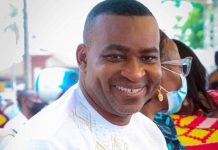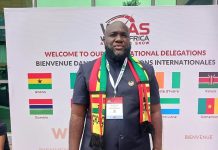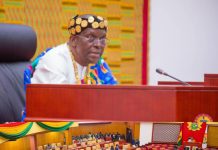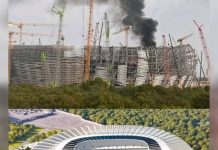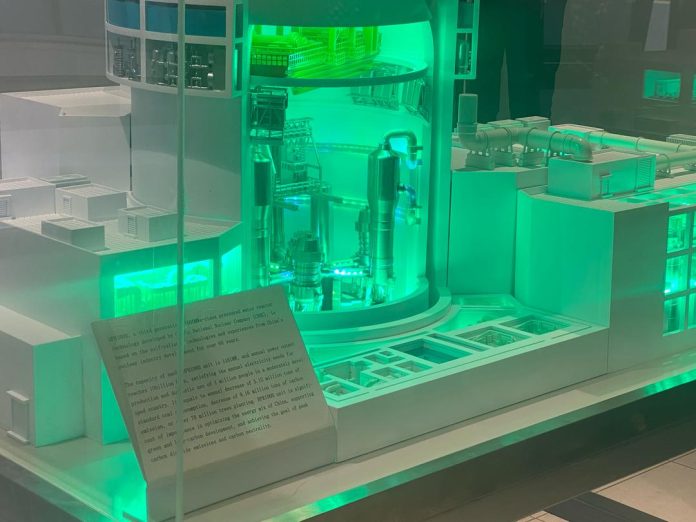The Chief Executive Officer (CEO) of Bui Power Authority, Ing. Kow Eduakwa Sam, has called for greater emphasis on the development of nuclear power in Ghana. He emphasized that, while the country currently generates energy through a mix of about 30% hydro and 60% thermal power, this is insufficient to meet the growing demands of the nation.
Ing. Sam explained that, although thermal power is dispatchable, the reliability of its gas supply is uncertain. Nuclear power, he argued, offers a much more dependable and reliable source of dispatchable power. “We need a very reliable source of dispatchable power, and nuclear power is the answer,” he said.
He urged all stakeholders to prioritize nuclear power development, noting that without it, Bui Power, primarily focused on burnable renewables, may struggle to sustain its role on the national grid. “Let us get committed to the nuclear power agenda,” he urged.
Ghana’s Nuclear Power Journey
Dr. Stephen Yamoah, the Executive Director of Nuclear Power Ghana (NPG), highlighted that Ghana’s nuclear power development is already at an advanced stage, contingent on securing adequate funding. Dr. Yamoah noted that the government has shown significant interest in the nuclear energy project, and the focus now is on financial support to move the project forward.
He pointed out that numerous engagements with stakeholders have taken place concerning the acquisition of the site and equipment for the nuclear project.
Ghana has also signed a framework agreement with vendors involved in the project, with further negotiations ongoing.
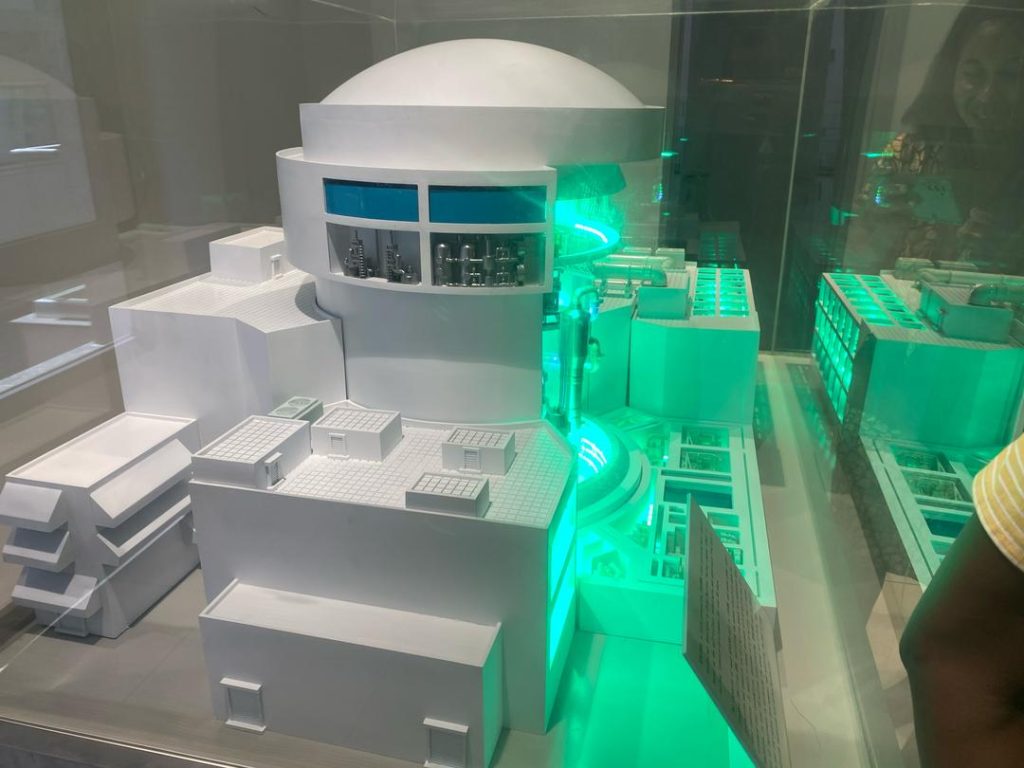
As part of the development process, Ghana has received a modern nuclear power plant simulator (E2 Centre) at the School of Nuclear and Allied Sciences, aimed at building local capacity and deepening understanding of nuclear energy. This, he stressed, is key to ensuring that Ghana not only generates affordable energy but also becomes a training hub for nuclear power in Africa.
Nuclear Power: A Path to Industrial and Economic Transformation
Dr. Yamoah also highlighted that the benefits of nuclear power extend beyond electricity generation. “Nuclear is not just for electricity; it has the potential to transform Ghana’s entire economy,” he stated.
ALSO READ: Mobile Money Agents Celebrate E-Levy Repeal and Police Action Against Robbers
He sees nuclear power as a driver of industrial growth, which will align with Ghana’s broader industrialization goals.
The Authority is working to promote this vision across the country, engaging with various audiences to demonstrate how nuclear power can play a vital role in Ghana’s economic and industrial future.
Community Engagements and Local Impact
Madam Bellona Gerald Vitor-Quao, the Head of Communications at Nuclear Power Ghana, outlined the Authority’s commitment to community engagement.
She highlighted two key rights granted to the Authority: the ability to engage with local communities and the right to touch objects at the site marked for the project.
The Authority has launched several initiatives to educate local communities, including school quizzes aimed at teaching students about nuclear power.
Additionally, efforts are underway to demonstrate the economic benefits of the project, particularly in terms of job creation and market opportunities for local residents, especially Fisherfolks.
In addition, Nuclear Power Ghana plans to establish an information dissemination center in the community to facilitate direct communication and improve community relations.
Ghana l Atinkaonline.com l Porcia Oforiwaa





